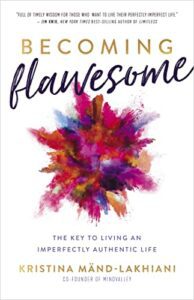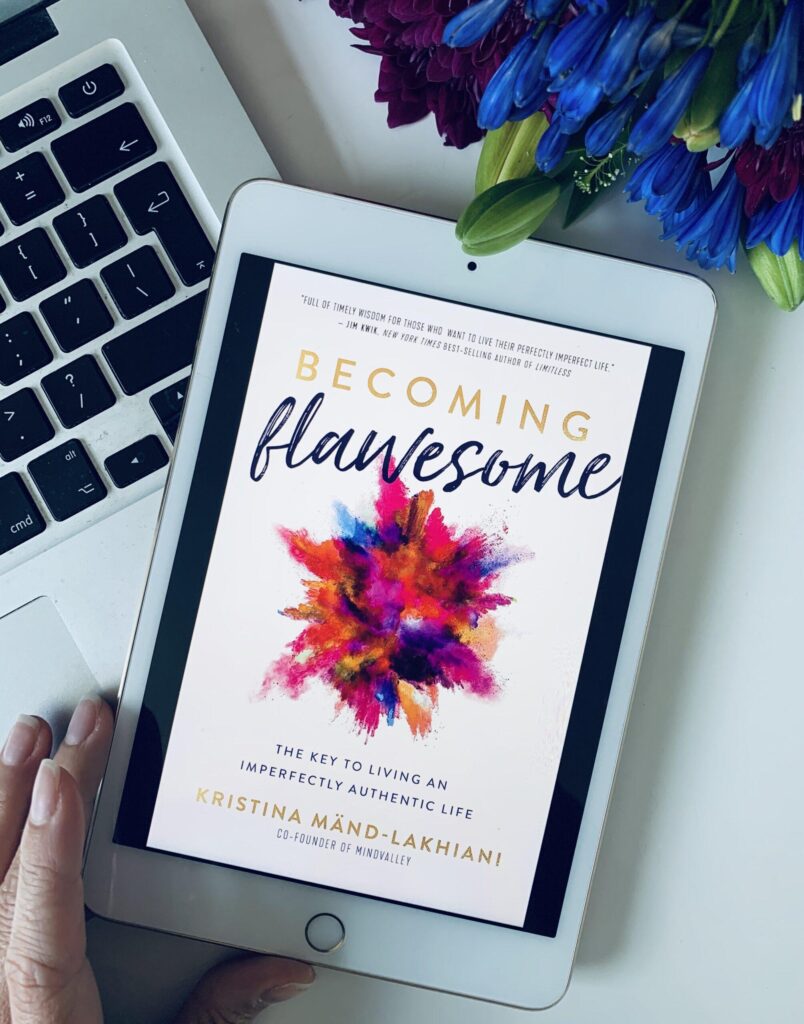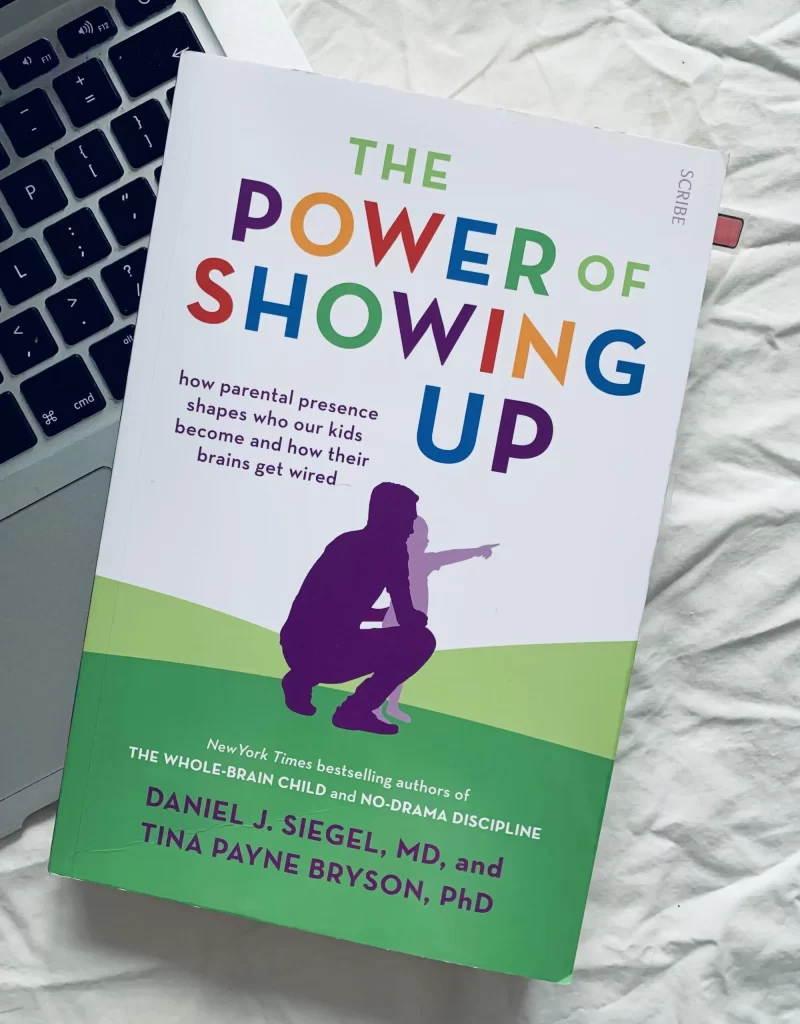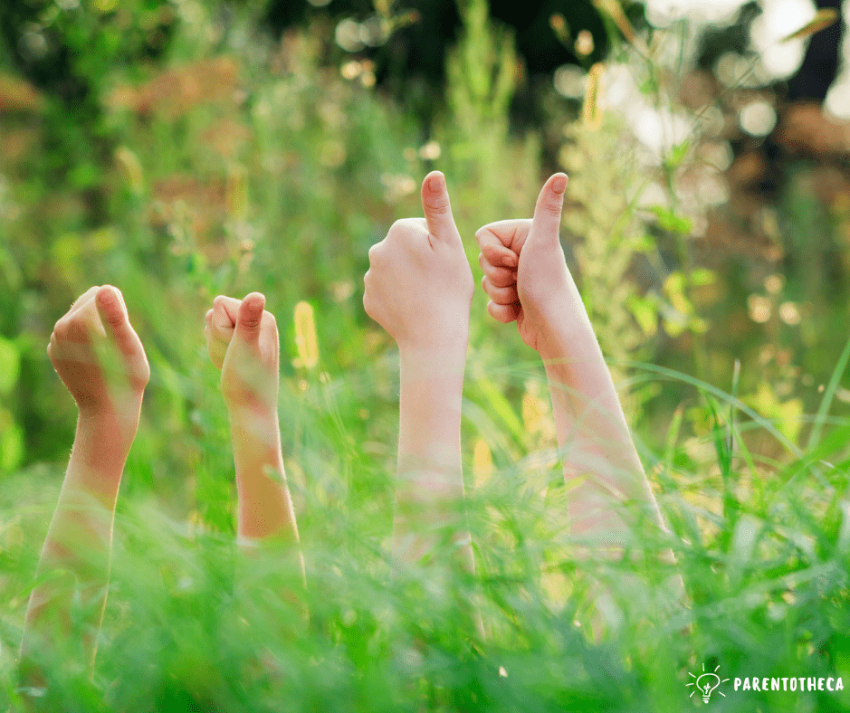 Becoming Flawesome
Becoming Flawesome
The key to living an imperfectly authentic life
Kristina Mänd-Lakhiani
Hay House, Inc. (June, 2023)
About the author:
Kristina Mänd-Lakhiani is an international speaker, entrepreneur, artist, philanthropist, and mother of 2 kids. She started her career working for the government of Estonia, where she was born and raised, before she joined the non-profit sector and worked for organisations such as the United Nations, Oxfam, and AIESEC. In 2003, she co-founded Mindvalley – a global school that delivers transformational education for all ages.
About the book:
“This book is about finding your way back to yourself, about understanding who you really are, accepting your dents and scratches, your quirky uniqueness and even your flaws. It is about thriving in being unapologetically you, most flawesomely.”
If you’re tired of trying to live up to society’s impossible standards of perfection, Kristina Mänd-Lakhiani’s Becoming Flawesome is the book you’ve been waiting for.
Kristina is a co-founder of Mindvalley, one of the best personal growth platforms in the world. With over two decades of experience, she has established herself as a prominent figure in the field. When I stumbled upon Kristina’s book I was super excited to immerse myself in her profound wisdom.
Becoming Flawsome is a remarkable and uplifting journey of self-discovery, personal growth, and embracing imperfection. With profound wisdom and heartfelt stories, Kristina takes us on a transformative exploration that encourages us to embrace our flaws, unlock our potential, and live a truly authentic and fulfilling life. Each page serves as a reminder to view our imperfections as stepping stones to greatness.
Crucially, at the end of each chapter, Kristina equips us with practical tools and exercises to put her teachings into action, allowing us to wholeheartedly embrace our flawsomness and embark on our own unique journeys.
I must confess, Becoming Flawsome struck a deeply personal chord within me. As someone who, like Kristina, grew up in the USSR, where the relentless pursuit of perfection was deeply ingrained in our culture, her words resonated on a profound level. Her book became a guiding light, illuminating the path for me to heal from my “Hermione Syndrome” and embrace my genuine, authentic self.
As you can guess, Becoming Flawsome is packed with wisdom and in these notes we’ll share just a handful of our favourite insights. So definitely grab the book for more!
Let’s jump straight in.
Key insights:
Striving for the best self begins with accepting your current self
“Perfectionism is a terrible burden. We adopt it out of the best intentions because we want to be good; we want to be seen as someone who doesn’t make mistakes, who has life figured out, who is flawless. But it is the one thing that often stands between us and real, lasting, deep happiness and the feeling of peace and fulfilment.
You might say, “Isn’t it good to strive to be a better version of me?” My poor Hermione, you are right—of course it is good. But you cannot become a better version of you, or any version of you for that matter, until you come to peace and accept the current version of you.
You see, transformation does not happen out of thin air. It’s more like hiking with a map. While you might know where you want to go, you will not be able to use the map unless you know where you start the hike from—your current location.”
Becoming flawless is nothing but a mirage. Nobody is perfect. Each of us carries within ourselves a unique blend of strengths and weaknesses, and that’s what makes us human and beautiful.
After spending over 20 years in the personal growth industry, Kristina has learned a thing or two about its dark side. One major issue is the idea of the “perfect self” that we’re encouraged to chase. But here’s the catch: many of us end up rejecting our true selves and losing our authenticity in the pursuit of perfection. And when we lose our authenticity, we compromise our own happiness.
This often begins in childhood when adults focus on fixing our weaknesses, neglecting to notice or appreciate our strengths. It can lead to what Kristina calls “the Hermione syndrome” – constantly trying to please others and be perfect at everything.
But to be happy, you don’t have to be perfect. You have to be true to yourself. And the first step is pausing for a moment and accepting the current version of you: What are you strengths? What do you enjoy to do? What are your weaknesses? What is important to you?
Once you consciously accept yourself, you can then start walking towards authentic life.
The essence of authenticity
“Authenticity is not a vector; it is a force that has no outward direction. Authenticity is your relationship with yourself. There is only you and no external object, no one but you to exert the force toward.”
Authenticity, a cornerstone of this book, takes center stage as Kristina delves into its true essence, peeling away the layers of buzz and hype to reveal its true meaning.
One of the profound insights here is that authenticity is internal. When you have a deep understanding of your values, beliefs, strengths, and goals, and consciously choose to live in accordance with them, even in the face of external pressures or societal norms. This essence of authenticity lies in living with personal integrity.
And being authentic is much better than being perfect.
Question for you – how do you know when you are being authentic? What makes you authentic?
The most powerful habit
“Are you aware of the habits that are running your life? If you want to make a profound lasting change and turn your life around, you have to start at the root—you have to escape the rut of your habits and undo the programmes that have been running your life. And it starts with awareness.”
If you are looking for a long-lasting personal transformation, you have to deactivate your autopilot mode and reprogram the habits that are running your life.
Let’s delve into the fundamentals. Each day, we make numerous small choices that initiate behaviors, gradually solidifying into habits. Eventually, these habits govern our entire existence, putting us on autopilot.
Now, if you genuinely wish to change your life, the journey begins with cultivating awareness. Kristina generously shares a powerful exercise to practice awareness:
“Set 5–10 reminders on your phone throughout the day. Every time the alarm rings, it is a reminder for you to practise awareness. Stop for a moment and notice what is going on.
– What are you doing at this very moment?
– Is it your conscious choice or are you acting on autopilot?
– What are the long-term consequences of whatever you are doing at this particular moment?”
Commit to this practice for a solid 30 days. Gradually, you will identify areas where you can make different choices and begin building systems that foster better habits.
You can also use Dr Siegel’s SIFT technique from The Whole-Brain Child to strengthen your awareness muscles.
P.S.: That chapter resonated a lot with the ideas in Darren Hardy’s great book The Compound Effect and James Clear’s habits bible Atomic Habits. If you’d like to master your habits, definitely check out our notes.
The key to transformation
“Knowledge without experience is like a book on a shelf. It’s only useful if you use it. And if you don’t use it, its only function is to gather dust.
For knowledge to change your life, it has to shift from your mind into your heart: you have to experience it, live it, feel it.”
Can’t agree more. Knowledge must be put into action, whether on the path of self-growth or in school.
Watching fitness workouts on YouTube won’t magically make you fit. Similarly, reading countless self-help books alone won’t transform your life. Or you might be aware of the benefits of meditation, such as improved mental performance, reduced anxiety, and enhanced focus. Yet, to truly experience these benefits, you have to meditate.
Change requires consistent action. You have to put your knowledge into practice. You have to LIVE it. As Nathaniel Branden puts it in his brilliant book The Six Pillars of Self-Esteem:
“A ‘practice’ implies a discipline of acting in a certain way over and over again—consistently. It is not action by fits and starts, or even an appropriate response to a crisis. Rather, it is a way of operating day by day, in big issues and small, a way of behaving that is also a way of being.”
Question for you – what are the top 3 things that you KNOW you’d benefit from you can start DOING?
Prioritise your happiness
“You cannot help anyone if you are not happy.
You may fool yourself into believing that you are sacrificing your happiness for the sake of people that you love, but it is a lie. You can fool yourself, but you will not fool your loved ones—your children, your loving intuitive mother, or your partner who might be able to decipher your mood from the way you breathe.
The people that you love do not need your sacrifice— they need you to be happy. So not only is your sacrifice of personal happiness pointless, but it is also a heavy burden on those for whom you so selflessly want to make the offering.”
You don’t have to be a martyr. That will drain your emotional cup and eventually lead to misery and disconnection from your loved ones. And the truth is that you can’t give love and emanate happiness if your own emotional cup is empty.
Parenting is hard. Marriage is hard. Building your business is hard. Well, life is hard. And being unhappy makes all those things even harder. Kristina also adds:
“…your own misery is not going to make this world any better. Your own misery is not going to make some- one else less miserable. If misery is what you have, then misery is all you can afford to give, and when you give misery, it doesn’t magically turn into abundance once it changes hands.”
There are many strategies to boost your happiness, so all you need to do is to put them into practice and see what works for you the most.
Kristina has an entire course on happiness, so definitely check it out. And in the meantime, you can go through our notes on those fantastic books:
Happier by Tal Ben-Shahar
The How of Happiness by Sonia Lyubomirsky
Flourish by Martin Seligman
Flow by Mihaly Csikszentmihalyi
Self-care vs self-love
“Self-care is usually skin-deep (massage, facial, manicure), while self-love penetrates much deeper. Self-care relies on rituals (exercise, meditation, walk), while self- love is a constant attitude, and so there is no big harm in missing self-care from time to time—you can pick it up where you dropped it off.
Missing self-love, on the other hand, can cause real immediate damage. Self-care is about taking time for yourself, indulging yourself, pampering yourself, while self- love doesn’t take any time, but it permeates your life every single moment. Self-care is often physical, whereas self-love doesn’t really have a physical component. But most importantly, if you get caught up in self-care, you might miss the depth and essence of self-love.”
That’s such an important idea. The path to happiness and better living begins with self-love. But so many people confuse it with self-care.
Most people think self-love is about bubble baths and chocolate cake. But it’s not. Self-love is about accepting yourself with all your flaws, dents, and imperfections. It’s about loving yourself unconditionally, being kind to yourself, and most importantly, being true to yourself.
If you want to be truly happy, you need to learn to love yourself. And that doesn’t mean you have to be perfect. It just means you have to accept yourself for who you are.
Here’s a practical tip from Jordan Peterson’s great book 12 Rules for Life that helps me a lot: Treat yourself like someone you are responsible for helping.
So to all the busy and tired moms out there: You need more self-love, not more self-care habits.
Action steps for you:
- Take a deep dive into yourself: Grab a journal and reflect on the current version of yourself: what are your strengths and weaknesses? What are you good at? What is important for you? You can also use this tool to explore your Character Strengths or try the Practice of Self-Acceptance sentence completion stems from The Six Pillars of Self-Esteem by Nathaniel Branden.
- Raise your awareness: Challenge yourself to do the 30-days awareness exercise. Each day, take some time to notice what you’re thinking, feeling, and doing.
- Prioritize your happiness: pick a few happiness habits and practice them regularly.
Quotes from the book:









